Country Life Today: Humans release more carbon emissions than the asteroid that killed the dinosaurs
In today's round up, we reveal that man-made carbon emissions are disrupting the Earth's carbon cycle more than the asteroid that killed most dinosaurs 66 million years ago. But there is yet hope for the planet, with Scottish scientists looking at breeding sheep with a lower ecological footprint and Dutch inventors successfully testing a floating device that removes plastic from the ocean.
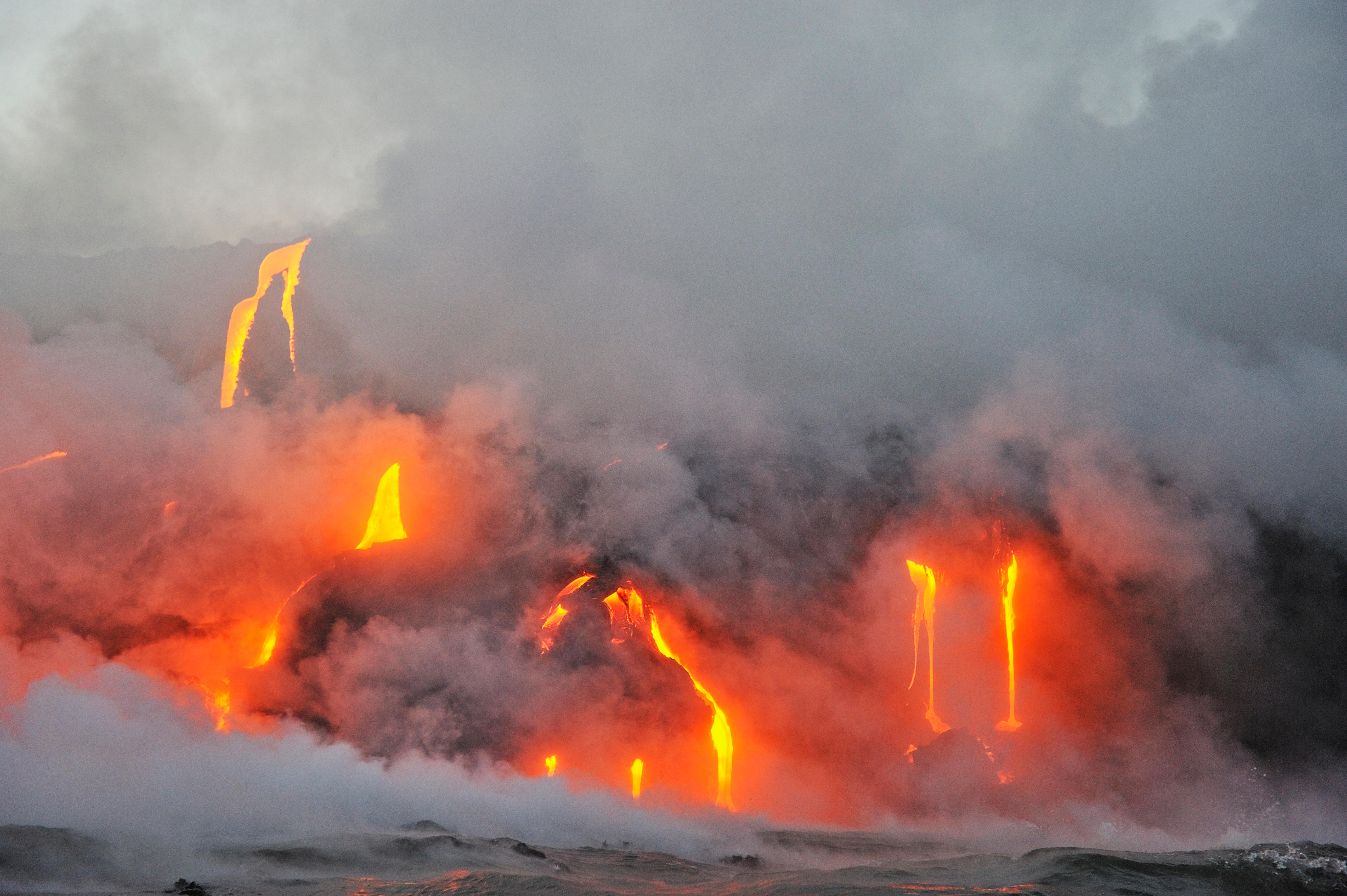

Man-made carbon emissions are having a greater impact on the planet than cataclysmic events of the past
A new study published on October 1 suggests that mankind has wreaked more havoc on the Earth’s carbon cycle than the asteroid that was responsible for killing three quarters of all animals and plants, including most dinosaurs, when it plunged into the Gulf of Mexico 66 million years ago.
Scientists believe that the amount of carbon dioxide discharged into the atmosphere every year by burning fossil fuels is at least 80 times more than the sum of the emissions released by every volcano on the planet. As a result, the legacy of Anthropocene is likely to be ‘a mass extinction from greenhouse-induced climate change on a biosphere already at tipping point caused by habitat loss.’
Rare white deer caught on camera
A magnificent white deer has been filmed in Cornwall last Sunday. Cornwall Live journalist Gayle McDonald spotted it roaming in a field and managed to capture the striking footage.
Although they have been previously spotted in the British countryside — not least in Cornwall in 2010 — white deer, whose fur turns a pristine snow hue because of a genetic condition called leucism, are very rare. They are easy to confuse with — but different from — albino deer in that their eyes are of a normal colour, while those of albinos are red.
£100,000 reward offered for Blenheim's missing golden loo
Blenheim Palace's insurance company, Fine Art Specie Adjusters (FASA), have said that a reward of up to £100,000 could be given to anyone that comes forward with credible information that leads to the return of the golden toilet stolen from the Palace in September.
Sign up for the Country Life Newsletter
Exquisite houses, the beauty of Nature, and how to get the most from your life, straight to your inbox.
Made by artist Maurizio Cattelan, the solid gold artwork is a fully functioning toilet and its disappearance has led to a lot of prank calls — but, says FASA, they have also had one useful lead.
Full story (Swindon Advertiser)
On this day...Richard Noble sets new land speed record
On October 4, 1983, British entrepreneur Richard Noble set a new land-speed record aboard Thrust2, a jet-propelled car designed by John Ackroyd, which he drove across the Black Rock Desert in Nevada, Unites States, at up to 650.88 miles per hour. He held the record for nearly 14 years until he was bested in 1997 by Royal Air Force fighter pilot Andy Green, who broke the sound barrier, driving Thrust SSC at 714.144 miles per hour. Mr Noble will hardly have been devastated, though — after all, he was the man who developed the new record-breaking car driven by Wing Commander Green.
How mooving: a Scottish farmer rescues a calf stuck in a pipe
Dumfriesshire farmer Robert Osborne had been looking for the missing Trouble, an inquisitive three-week-old Aberdeen Angus, when he heard cries of distress coming from one of his fields. To his amazement, he discovered that the calf had managed to burrow into a two-feet underground pipe hole—and had got stuck in it.
After two and a half hours’digging, Mr Osborne and his stockman, Iain Robertson, succeeded in dragging Trouble out of trouble, as it were. The young calf was wet and a little cold but otherwise unharmed.
That's a lot of tomatoes: 20 tonnes a day will come from just two greenhouses
Two giant greenhouses, set to be built in Norfolk and Suffolk and covering the same surface as 47 international football pitches, will supply up to 12% of all British tomatoes. The first one, outside Norwich, will be larger than London's O2 Arena and will be warmed from waste heat from Anglian Water treatment facilities to keep its carbon footprint down. The second pioneering greenhouse will be in Ingham, Suffolk.
Together, the two facilities are expected to produce 20 tonnes of tomatoes every day.
Full story (Eastern Daily Press)
And finally... a plastic-eating machine looks set to reduce pollution
Dutch scientists have created a floating device that picks up plastic from the ocean. The system, which uses the force of the sea to collect debris, was successfully tested in the Great Pacific Garbage Patch, a stretch of the Pacific Ocean where currents push a vast amount of refuse.
The boom, which had teething problems and has been seven years in the making, has been designed to clear up an area three time the size of France when fully functional. Full story (The Guardian)
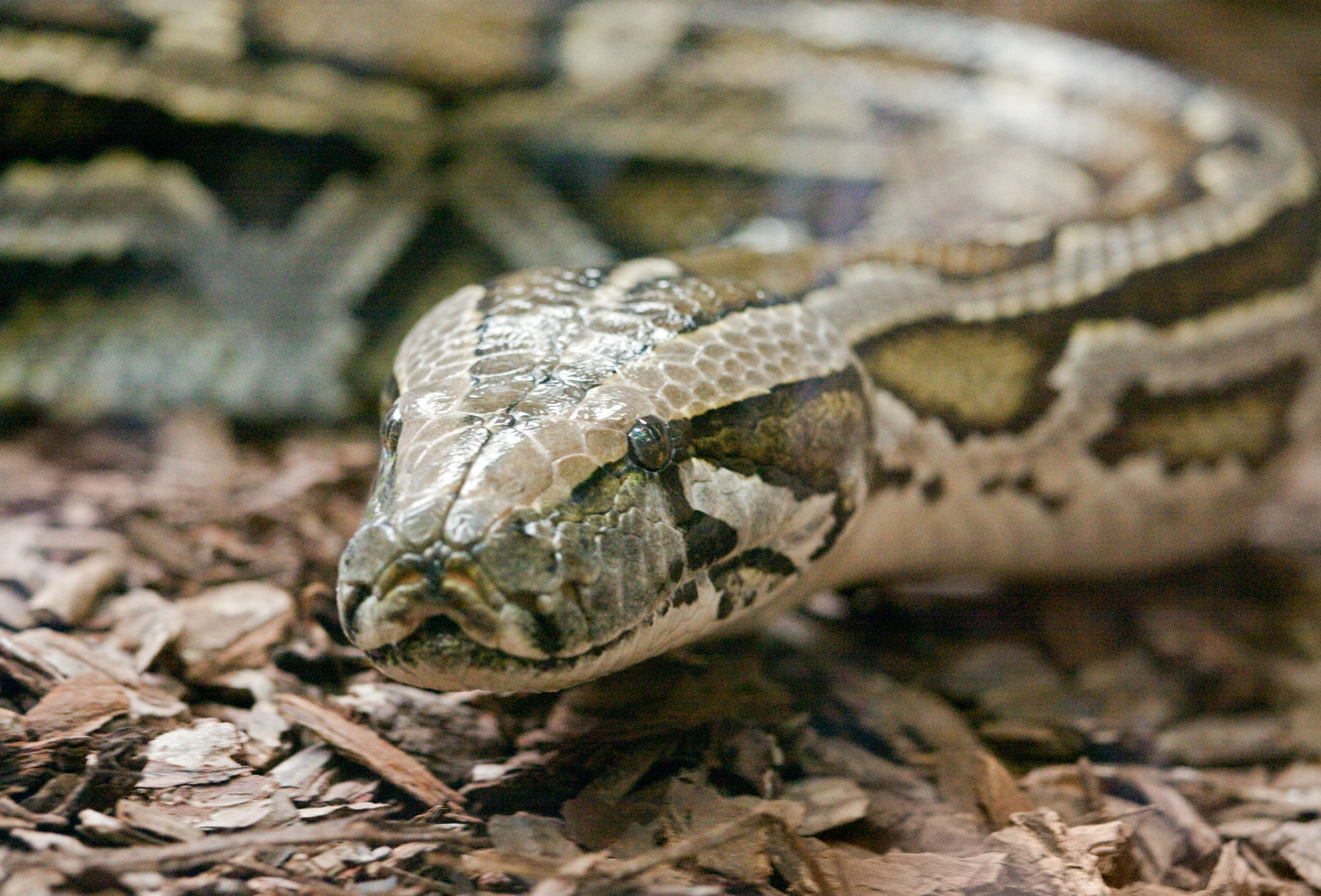
Country Life Today: What’ssss down there? Six-foot python found in a carpark
In today's round up, we stumble upon a snaky discovery, reveal English Heritage's new plans for York's Clifford's Tower and
Carla must be the only Italian that finds the English weather more congenial than her native country’s sunshine. An antique herself, she became Country Life’s Arts & Antiques editor in 2023 having previously covered, as a freelance journalist, heritage, conservation, history and property stories, for which she won a couple of awards. Her musical taste has never evolved past Puccini and she spends most of her time immersed in any century before the 20th.
-
 Six rural properties with space, charm and endless views, as seen in Country Life
Six rural properties with space, charm and endless views, as seen in Country LifeWe take a look at some of the best houses to come to the market via Country Life in the past week.
By Toby Keel
-
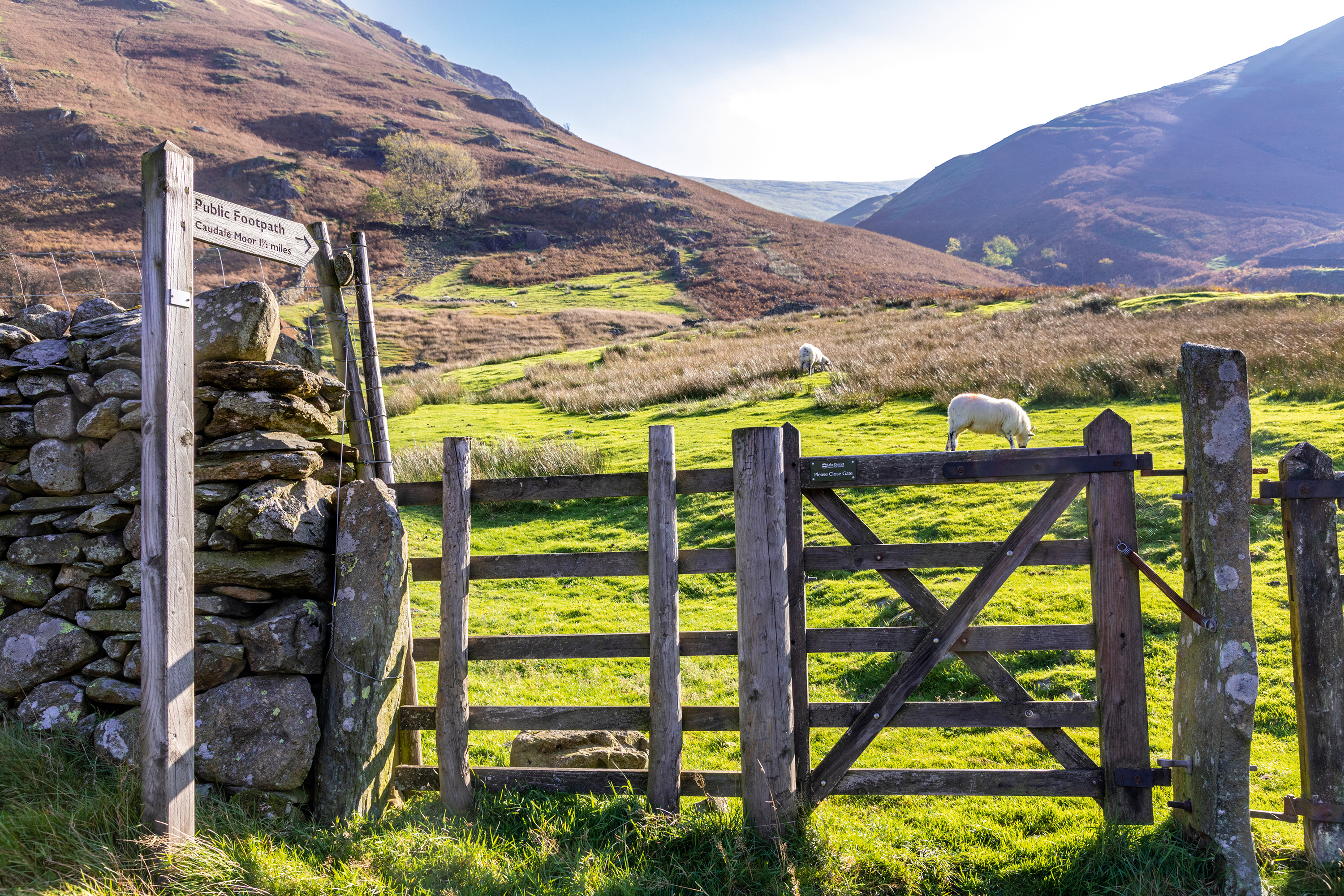 Exploring the countryside is essential for our wellbeing, but Right to Roam is going backwards
Exploring the countryside is essential for our wellbeing, but Right to Roam is going backwardsCampaigners in England often point to Scotland as an example of how brilliantly Right to Roam works, but it's not all it's cracked up to be, says Patrick Galbraith.
By Patrick Galbraith
-
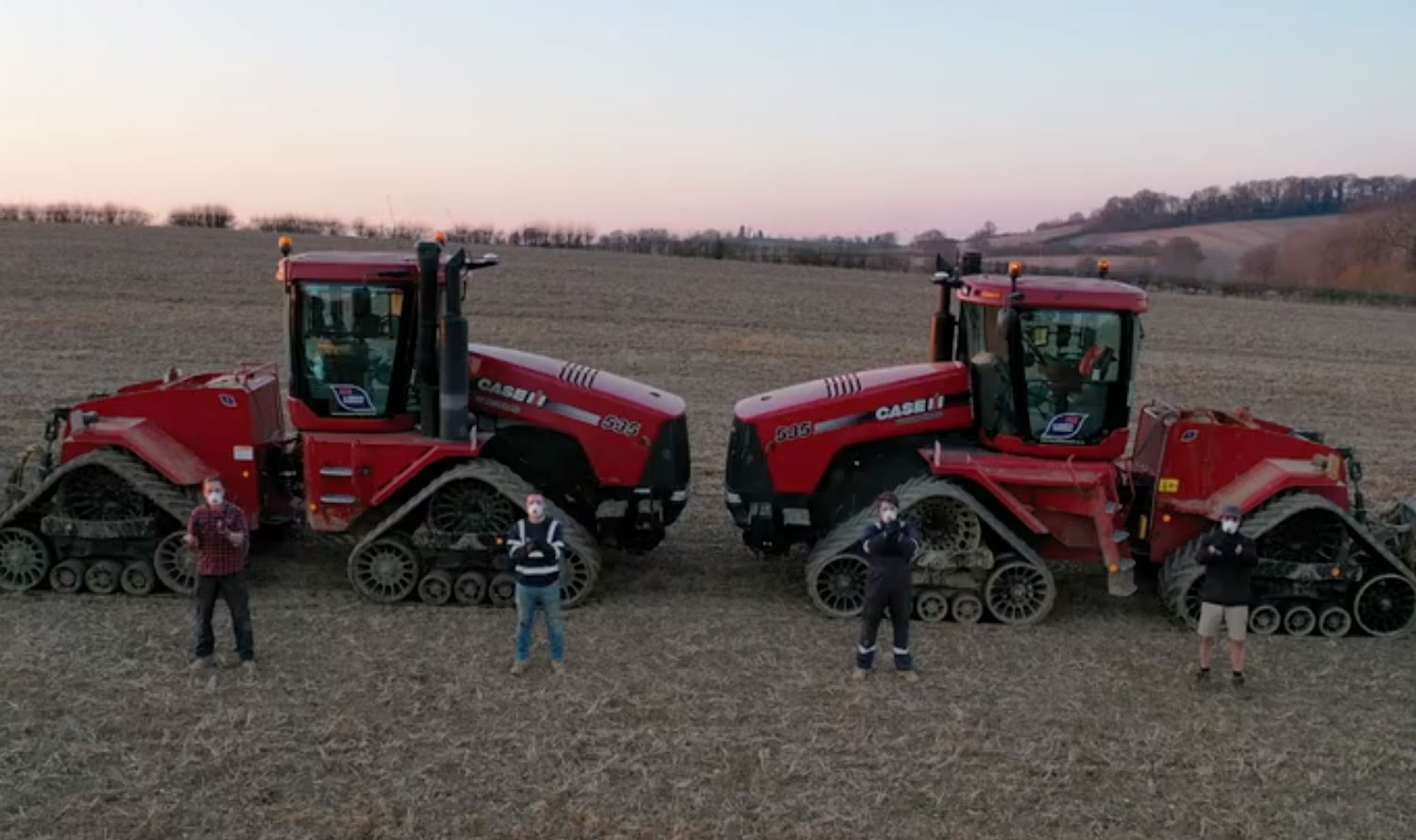 The brilliant tractor tribute to the NHS from a group of Warwickshire farmers
The brilliant tractor tribute to the NHS from a group of Warwickshire farmersPeople around Britain have been paying tribute to the efforts of our NHS workers at the time of the coronavirus pandemic — but few have been as creative and clever as this one.
By Toby Keel
-
 London's iconic red bus at risk and 6,000 year old chewing gum gives clues into our DNA history
London's iconic red bus at risk and 6,000 year old chewing gum gives clues into our DNA historyCuts to industry subsidies and an increase in fares has left bus use at its lowest point ever, while DNA extracted from ancient 'chewing gum' allows scientists to decipher the genetic code of a Stone Age woman.
By Alexandra Fraser
-
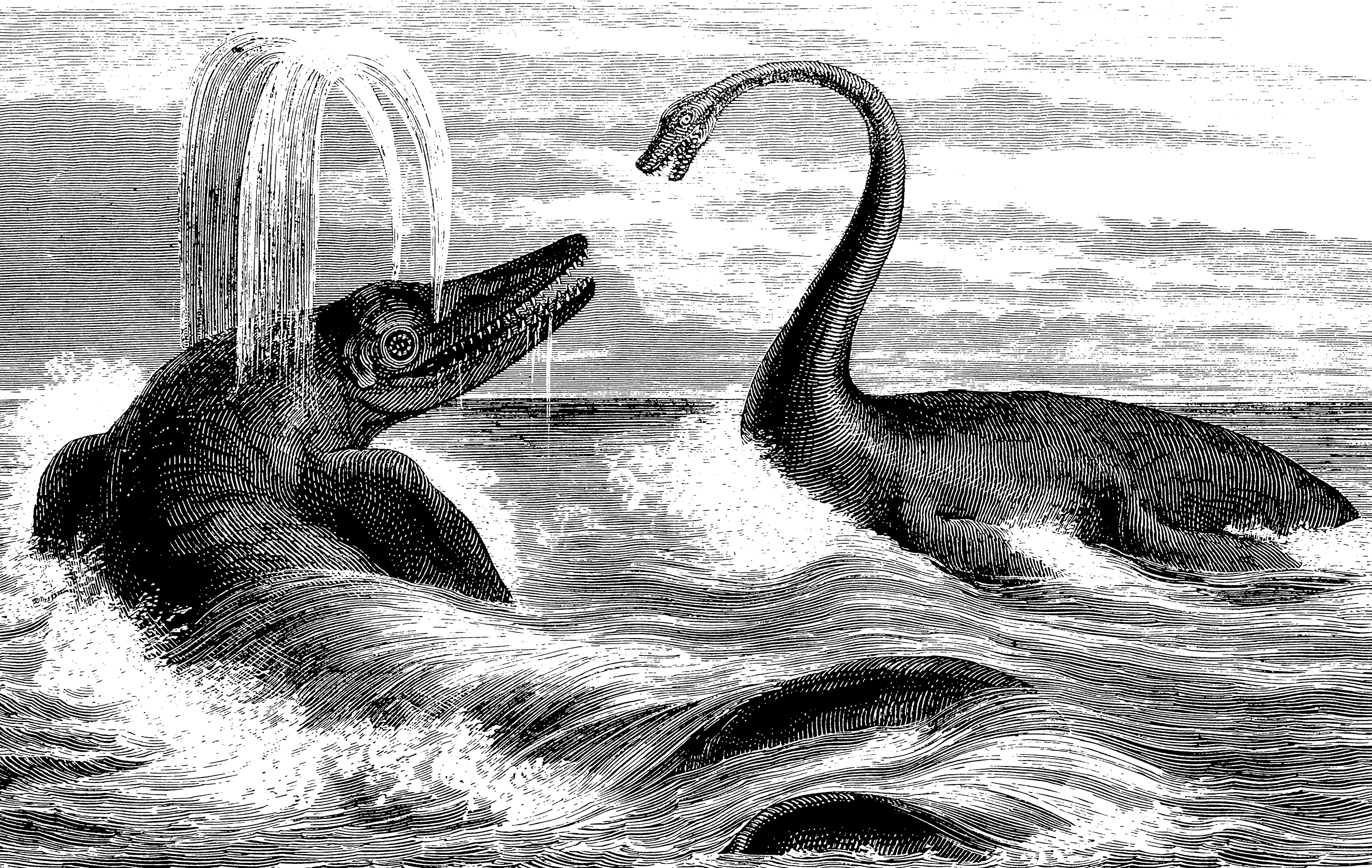 90-million-year-old 'swimming dinosaur' skeleton found by dogs out walking in Somerset, and the nonchalant moths who don't bother fleeing enemies
90-million-year-old 'swimming dinosaur' skeleton found by dogs out walking in Somerset, and the nonchalant moths who don't bother fleeing enemiesA superbly intact dinosaur skeleton — described as being 'museum quality' — has been discovered on a beach in Somerset.
By Toby Keel
-
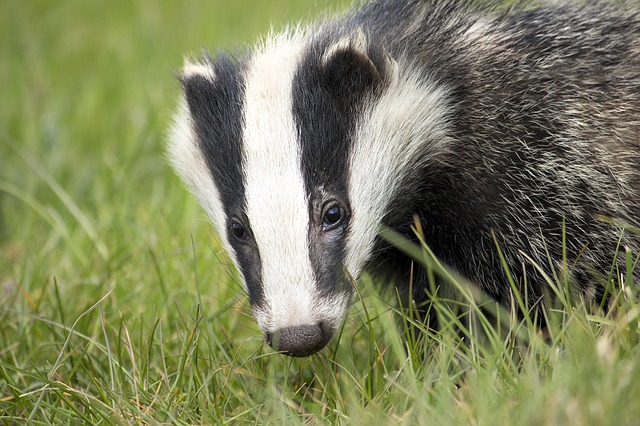 Battle to ban 4x4s from the idyllic Lake District spot bequeathed by Beatrix Potter, eagle fights octopus and the 'snail's pace' climate talks
Battle to ban 4x4s from the idyllic Lake District spot bequeathed by Beatrix Potter, eagle fights octopus and the 'snail's pace' climate talksThis morning we look at Little Langdale's fight for peace, reflect on the climate change talks in Madrid and discover the soundtrack for Brexit.
By Toby Keel
-
 Country Life Today: How Greta Thunberg shifted the dial on climate change — and the backlash shows just how much
Country Life Today: How Greta Thunberg shifted the dial on climate change — and the backlash shows just how muchThis morning we ponder whether Greta Thunberg is the Joan of Arc for the environmental movement, look at a key election — one from 19 years ago — and ponder the marvel of 'dad tidying'.
By Toby Keel
-
 Country Life Today: Great news for those who love our great country pubs — the years of decline are over
Country Life Today: Great news for those who love our great country pubs — the years of decline are overThere is a great sign of health in the pub industry, we look back at Edward VIII's abdication message and fret about Greenland's melting ice.
By Toby Keel
-
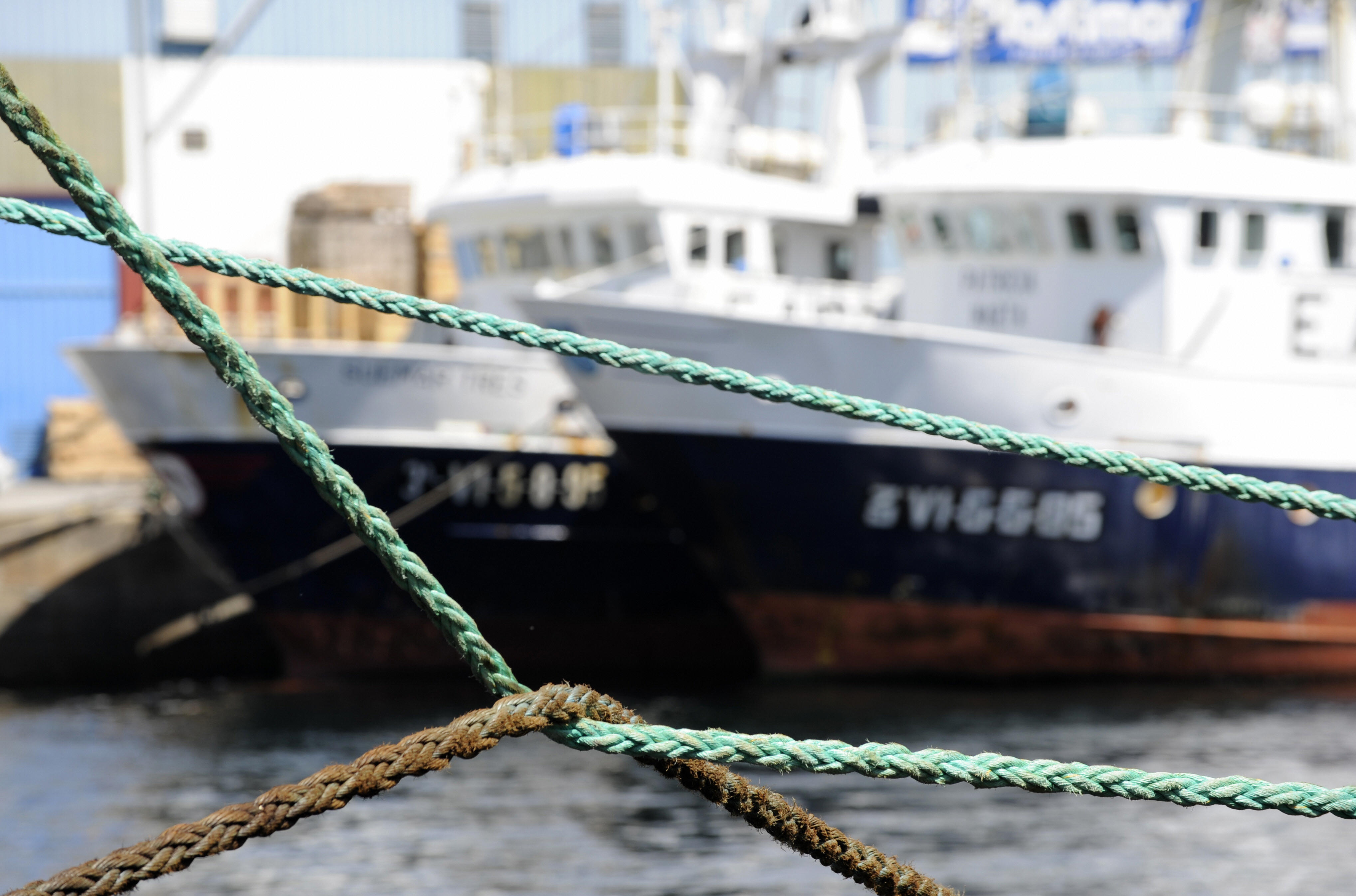 Country Life Today: Spain accused of being 'a deplorable choice' for UN climate conference
Country Life Today: Spain accused of being 'a deplorable choice' for UN climate conferenceA no-holds-barred assault on the Spanish fishing industry, Banksy raising awareness of the homeless and the woes of the Christmas jumper are in today's news round-up.
By Carla Passino
-
 Country Life Today: 'This is perhaps the ultimate wake-up call from the uncontrolled experiment humanity is unleashing on the world’s oceans'
Country Life Today: 'This is perhaps the ultimate wake-up call from the uncontrolled experiment humanity is unleashing on the world’s oceans'In today's round up, we examine why oxygen loss is putting oceans at risk, discover that action to cut air pollution brings almost immediate benefits to human health and find out which bird's arrival marks the start of winter in Gloucestershire.
By Carla Passino